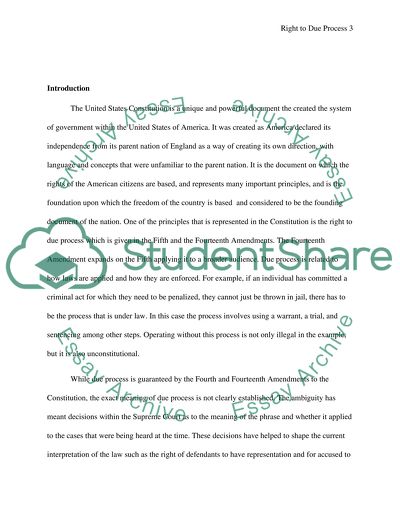Cite this document
(“The Right of Due Process Guaranteed by the Fifth and Fourteenth Research Paper”, n.d.)
The Right of Due Process Guaranteed by the Fifth and Fourteenth Research Paper. Retrieved from https://studentshare.org/law/1432538-right-guaranteed-by-the-us-constitution-due
The Right of Due Process Guaranteed by the Fifth and Fourteenth Research Paper. Retrieved from https://studentshare.org/law/1432538-right-guaranteed-by-the-us-constitution-due
(The Right of Due Process Guaranteed by the Fifth and Fourteenth Research Paper)
The Right of Due Process Guaranteed by the Fifth and Fourteenth Research Paper. https://studentshare.org/law/1432538-right-guaranteed-by-the-us-constitution-due.
The Right of Due Process Guaranteed by the Fifth and Fourteenth Research Paper. https://studentshare.org/law/1432538-right-guaranteed-by-the-us-constitution-due.
“The Right of Due Process Guaranteed by the Fifth and Fourteenth Research Paper”, n.d. https://studentshare.org/law/1432538-right-guaranteed-by-the-us-constitution-due.


